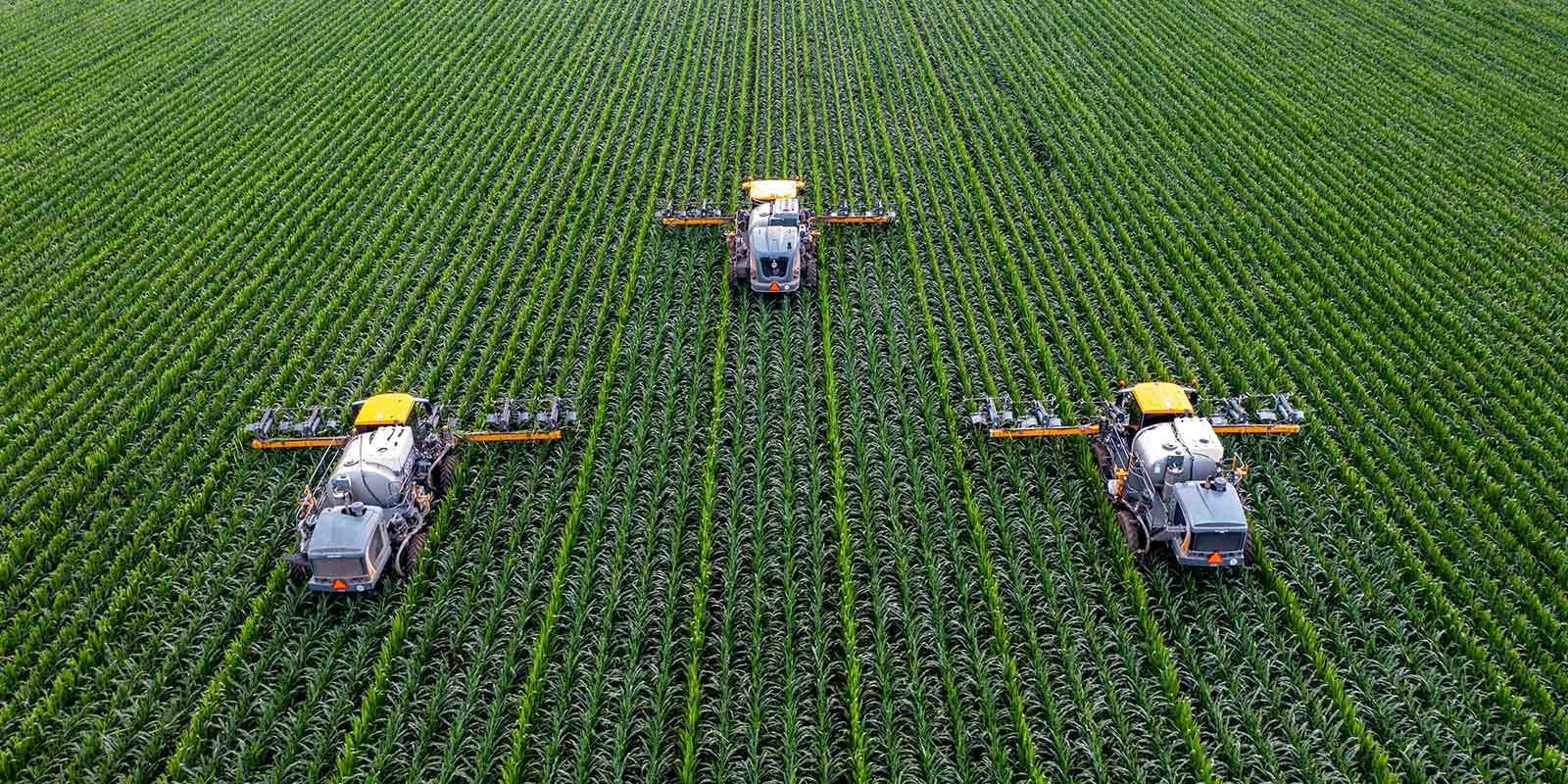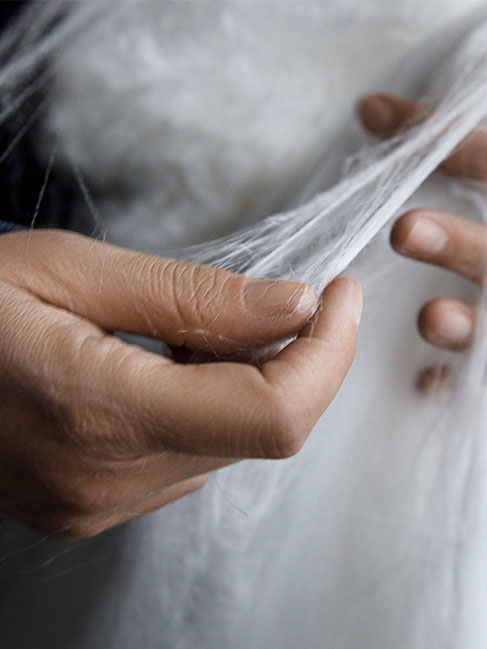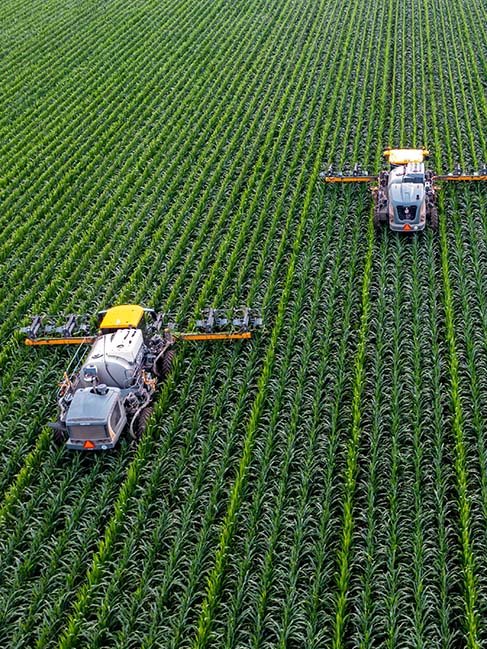Farmviewer

Challenge
In the Wieringermeer region of the Netherlands, an increasing number of crop farmers are using Microsoft products to accelerate their transition to data-driven agriculture. Wieringermeer has ambitions to be the agri-tech capital of the world, using technology to increase yields and help with sustainable farming.
Maintaining the balance between yield and sustainability is a crucial feature of modern-day agriculture. The United Nations estimates that demand for food will increase 70% by 2050, so farmers need to get all they can out of the land to feed growing populations. Yet they must do so without exhausting the soil or polluting the environment.
Weather anomalies caused by climate change further complicate the picture. People are also starting to eat differently as sustainability consciousness grows. Farms are getting larger too as the industry consolidates.
Technology-driven farming
The Wieringermeer farmers have recognized that information technology can help them to manage the increasingly complex environment in which they operate. As a solid step in this direction, Fellowmind built a solution that combines data from FarmBeats (Microsoft's project that combines IoT sensors, data analysis, and machine learning) and physical sensors to deliver relevant insights to the farmers through a unique smart-device app called FarmViewer. With access to this data, the Wieringermeer farmers are now able to make more informed decisions at every step of the agricultural cycle – from pre-planting to harvesting and beyond.
Demand for food will increase 70% by 2050*, so farmers need to get all they can out of the land in order to feed growing populations - and do so in a sustainable manner.
Watch a video about FarmViewer
Approach
The FarmViewer app – built on top of the Microsoft Power Platform – assimilates data from soil-embedded sensors connected to Microsoft FarmBeats. The low-code app also draws in data from several other sources.
FarmViewer has been designed to provide data on three key farming variables: air, soil, and crops. The launch version of FarmViewer focuses on providing information to support the cultivation of onion and potato crops, with more crop types to be added later.
Development work on the app began in mid-2021 and it was launched in early 2022 to be taken into use for the spring planting season.
How does the FarmViewer app work?
- A Canvas App on the Microsoft Power Platform is used to present data and insights to the farmers in a user-friendly format
- Multiple third-party APIs have been leveraged, including those for Azure Maps, the Azure Maps weather service, and AppsforAgri (a solution for sensor data and industry-specific algorithms on disease pressure, spray planning and more)
- Fellowmind strengthened the solution with Microsoft Dataverse to enable a high level of security for the farmers’ data
- Azure Key Vault stores the authentication information to ensure that all the services and APIs can connect
- The app is hosted in the Azure App Service
- The Azure Virtual Network provides secure remote access
Results
The project is the first European implementation of the scalable Microsoft FarmBeats project. This is significant as the Netherlands is the world’s second-largest net exporter of agricultural products. Despite the country’s relatively small size – it ranks 133rd globally in surface area – the Dutch agricultural sector has achieved its strong position by embracing technology. Collaboration between farmers and the tech sector is common in the Netherlands.
All this makes the Wieringermeer region the perfect European testbed for Microsoft FarmBeats. We at Fellowmind believe that the learnings from the project will provide us with excellent data of interest to various other parties in the European agriculture and biotech sectors. As a Microsoft partner, Fellowmind can implement FarmBeats and connect it to the entire Microsoft suite of business applications.
Extending collaboration and scope
Following the project’s first phase, Fellowmind is now setting up a data-cooperation initiative between local parties in Wieringermeer. The idea is to strengthen collaboration between various smart-farming initiatives in the region, using FarmBeats as a central point of knowledge.
Fellowmind has also collaborated with Wageningen University & Research in the Netherlands to investigate implementing a carbon-sequestration system. Under the right conditions, agricultural soil can be an important natural storage reservoir for carbon. The system would use FarmBeats as a data backbone to allow farmers to measure how much carbon is stored in their land to claim corresponding carbon credits.






